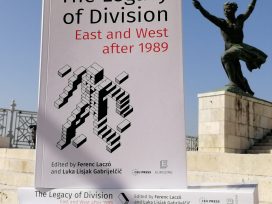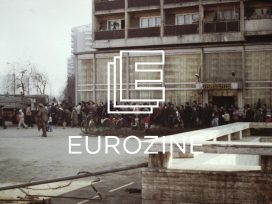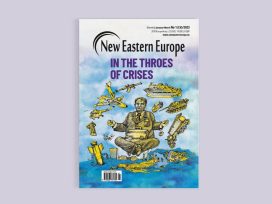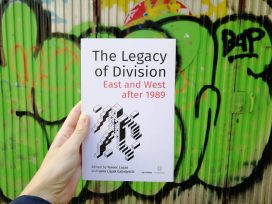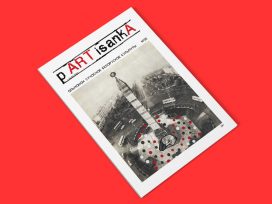One frequent query I have as an editor is how an author is using the word ‘paradox’. It sometimes carries a whiff of laziness. Saying something is paradoxical may be a way of avoiding having to show why a contradiction is a contradiction at all, rather than merely a challenge to an unstated assumption. Adding ‘apparent’ doesn’t help things either.
According to the Oxford English Dictionary, this dilemma is as old as the word itself. In the mid-sixteenth century, a paradox was either a) ‘a seemingly absurd or self-contradictory statement or proposition which when investigated or explained may prove to be well-founded or true; or b) ‘a proposition or statement that is actually self-contradictory, absurd or false’. In the early seventeenth century, a paradox became ‘a phenomenon that exhibits some contradiction or conflict with preconceived notions of what is reasonable or possible’. Only in the early twentieth century was it applied to logic, to mean ‘a statement or proposition which, despite sound reasoning from an acceptable premise, leads to a conclusion that is against sense, logically unacceptable, or self-contradictory’.
It is with caution, then, that I say that paradox is the predominant mode in recent articles in Eurozine on 1989. Which makes sense. As historical distance brings greater perspicacity on the past thirty years, so received ideas clash with facts, sharpening the focus for real contradictions.
According to Bogdan Iacob, James Mark and Tobias Rupprecht, one paradox of 1989 is that the anti-liberal shift in eastern Europe began long before the end of communism: stereotypes of a weak and morally dissolute West date back to tropes of the post-1945 decades. Moreover, the economic modernizers of the 1990s by no means always stood in a liberal tradition: on the contrary, communist economists in Hungary, Poland, and Czechoslovakia had been arguing for deregulation, privatization and free trade since the early 1980s – to be overseen by a nominally communist version of the single-party dictatorships of Franco’s Spain or Pinochet’s Chile.
Paradox two: despite the EU’s indignance at illiberal politicians, it has been an integral factor in stabilizing them. Dorothee Bohle and Béla Greskovits argue that by narrowing down accession countries’ political options, the EU not only shut down debates over democracy and its alternatives, but also over public policy. This and other instances of the EU’s normative peremptoriness reinforces the cleavage between the two halves of the continent.
Paradox three: gender hierarchies characterizing anti-communist dissidence were shaped by the very system it rebelled against. The sidelining of women in pre-1989 dissident groups has frequently been blamed on the universalist premise of human rights. However, dissident anti-feminism had more in common with gender attitudes within communism than it liked to think. Particularly the exclusion of family life from the political was a vestige of post-Stalinism, writes Robert Brier.
Paradox four: While an East-West divide in European attitudes to immigration exists, it is not the East that has historically been defined by xenophobia. In the 1930s, Jannis Panagiotidis points out, it was eastern Europe that provided refuge to people fleeing Nazism when western states would not have them. It was primarily the closure of borders in the East, and the politicization of refugees, that enabled the Cold War conception of the West as the ‘free world’.
As Kierkegaard put it in 1844: ‘One must not think ill of the paradox, for the paradox is the passion of thought, and the thinker without the paradox is like the lover without passion.’

Simon Garnett
Senior editor
This editorial is part of our 18/2019 newsletter. You can subscribe here to get the bi-weekly updates about latest publications and news on partner journals.
